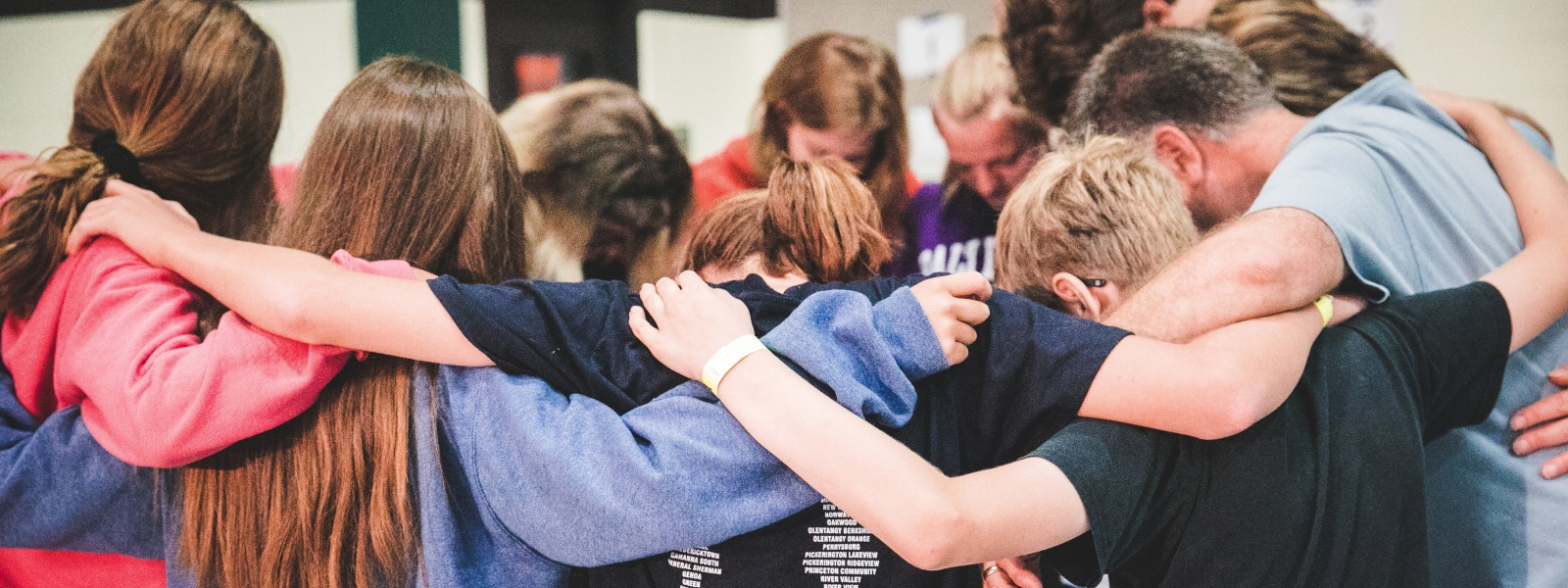How to Engage Students in Small Groups

I am a teacher by gifting. I love standing in front of a large group of people and communicating. I am also very passionate about small groups. I believe they are the backbone of every great youth ministry. But when I am leading a small group, I have to remind myself that my role is different. Here is a principle that I believe is vital to maximizing the impact of your small groups. It’s the "Look Who's Talking" principle (think, 1989 John Travolta film).
The primary role of a small group leader is not "talker," but "facilitator."
The reason I love small groups is that they give us a chance to help students learn more effectively and become active participants rather than merely sitting in a chair and listening to an adult talk to them. Ouch! As a teacher, that hurts just a little bit. But the truth is, students learn best not by listening to us talk, but through sharing experiences and what they are processing, in the small group setting. A small group leader is not primarily a sage imparting wisdom, but rather a miner extracting wisdom from students by asking good, open-ended questions, listening carefully, and getting students involved in the conversation. Yes, adult leaders can share insights and experiences occasionally, but that should be an exception, not the rule. When leaders do all of the talking, students are relegated to the role of passive listeners rather than active participants. As leaders, we must ensure that students are engaging in the conversation by sharing their thoughts with the group and listening to their peers. If you think in terms of the Pareto (80/20) principle, as leaders, you should be doing 20% of the talking, and students should be doing 80%. If you are a small group leader, or if you have a few leaders in your group, take some time after the gathering to reflect and ask if students were engaging in conversation, or if you were doing too much of the talking. Be honest! If there was a video recording, or even just an audio recording of your small group meeting, whose voices would you hear most? Your goal should be to hear many of your students' voices (dare I say, all of your students’ voices) and very little of yours. It’s tough, but it’s the best thing you can do for the spiritual growth of your students.
